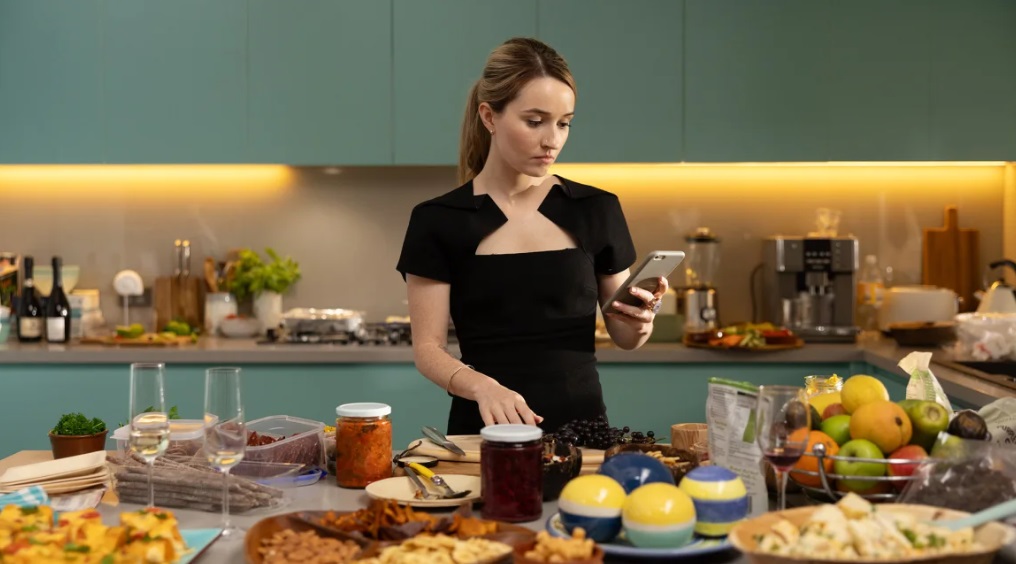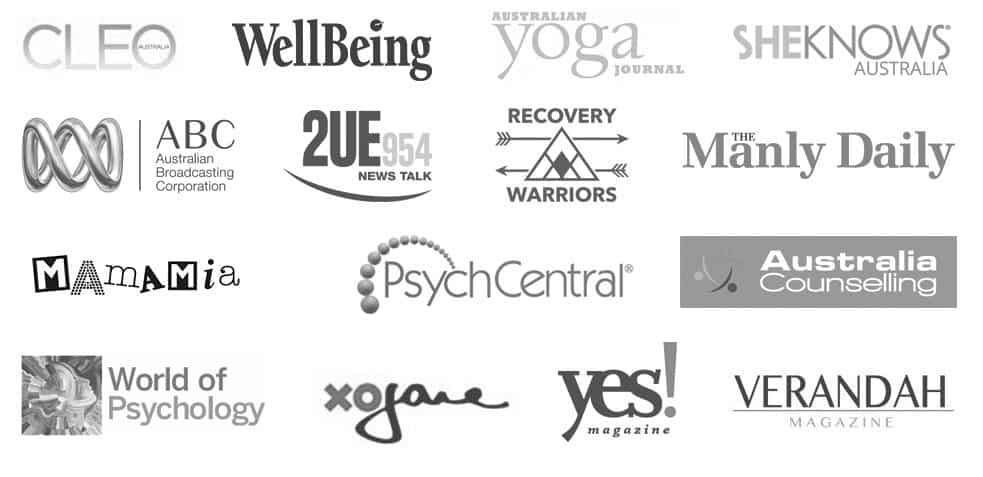
This post is a review of Apple Cider Vinegar and may contain spoilers.
Netflix’s Apple Cider Vinegar exposes the dangers of the modern wellness industry through the shocking true story of Australian influencer Belle Gibson. She gained a massive following by claiming to have cured her terminal brain cancer through diet and alternative medicine – only to be exposed as a fraud. Milla, the other main character, is rumoured to be Jessica Ainscough, who died of cancer, not long after her mother died of cancer, both after refusing medical treatment. Belle and Milla’s followers, including real cancer patients, trusted their advice over medical professionals, with devastating consequences. The series is a stark reminder of how easily misinformation spreads in the age of social media and how influencers can wield immense power over vulnerable individuals seeking hope and healing.
Why Do People Follow Wellness Influencers and Gurus?
When people don’t know their true selves, when they don’t feel a sense of safety and security in themselves and in the world, they are more likely to follow influencers, conspiracy theories, wellness gurus and cults. Why? The causes are multifaceted, however, early childhood trauma, a lack of a secure base, and identity confusion often leaves them susceptible to external validation and a desire to belong. Trauma fragments a person’s sense of self, making them more likely to seek certainty and control—something wellness influencers promise through their carefully curated health regimens and dietary rules.
The Rise of Orthorexia: When Wellness Becomes an Obsession
One of the most concerning trends since the birth of Instagram in 2010, is the rise of orthorexia—an unhealthy obsession with eating “pure” or “clean” foods. While striving for health is admirable, taking it to the extreme can signal deeper problems. Many people, particularly those who have experienced trauma, struggle with anxiety about death, aging, staying at a certain weight due to internalised fat phobia, feeling safe in the world, and losing control. They turn to rigid dietary rules as a way to feel safe, hold onto youth and avoid illness, believing that the right food choices can shield them from mortality.
The wellness industry exploits these fears, selling the idea that by following specific diets or taking expensive supplements, people can defy aging, prevent disease, and optimise their bodies. But true health isn’t about restriction or chasing perfection—it’s about balance.
The Danger of Over-Identification with Food and Health Trends
When someone follows an extreme wellness trend like Belle Gibson’s Whole Pantry diet, they often wrap their entire identity around it. Instead of seeing themselves as multifaceted individuals, they become “the vegan,” “the biohacker,” or “the clean eater.” This kind of over identification with a ‘part’ of who they are, can lead to a false sense of safety and superiority—an unconscious belief that they are better than others because of their strict health choices.
This is a psychological defence mechanism, often resulting from a long history of feeling less-than (you could see this clearly in Apple Cider Vinegar from Belle’s trauma history). When someone is deeply insecure or uncertain about who they truly are, they cling to rigid belief systems to create a sense of self. But this is not the real self – it’s just another mask.
There is nothing wrong with eating a plant-based diet for example, however, some people adopt “plant-based” or “clean eating”, as a way to mask disordered eating. If it leads to social isolation, relational problems, fear of certain foods, or rigidity around eating, it is worth reflecting on the deeper motivations and underlying concerns.
Finding a Balanced Approach to Health and Identity
So, how can wellness extremism be avoided? The answer lies in developing a strong, integrated sense of self. When there is a deep connection to the true self – not just parts of who we are – balanced, sustainable choices become possible rather than extreme ones. Here’s how:
Ask: Who Am I, Really?
Identity is more than what is eaten or how exercise is approached. Values, passions, and the inner world beyond health trends deserve energy and exploration.
Recognise the Wellness Industry’s Motivations
Influencers profit from insecurities. Before following health advice, ask: Is this evidence-based, or is it marketing disguised as wisdom?
Health is More Than Just Food
True wellness includes emotional resilience, meaningful relationships, and a sense of purpose—not just what’s on the plate.
The Parts and the Whole
A healthy diet is just one part of a fulfilling life. When we are self-led (in relationship with our wholeness), extreme health identities are unnecessary to feel worthy.
Health at Every Size
A more balanced approach, such as Health at Every Size, encourages well-being without the fear-driven need for control.
Fact-Check Information
With Meta (Facebook and Instagram) no longer fact-checking health misinformation, social media has become an even more dangerous place for young and impressionable people. Critical thinking and fact-checking are essential when consuming health-related content online.
Seek Guidance from Qualified Professionals
If food struggles, body image concerns, or health-related anxiety arise, working with a registered counsellor, psychotherapist or nutritionist is more beneficial than relying on online influencers.
The Lesson of Apple Cider Vinegar
The documentary is a cautionary tale about the dangers of blind trust in wellness influencers. Belle Gibson was able to manipulate millions of followers because she told a compelling story that people wanted to believe. But truth matters. Wellness is not about fear-based restriction or miracle cures—it’s about self-awareness, balance, and embracing all aspects of health and well-being.
In the end, the best health decision isn’t following the latest wellness trend—it’s getting to know oneself deeply, so choices can be made that truly nourish body, feelings, mind and, soul.

Great blog. There was some research using the Adult Attachment Interview looking at how early relational experiences, often traumatic ones, influences people’s choice of following non medical or mainstream advice, like in this movie. They found that people who had disorganised or preoccupied state of mind more often choose these lines of influences.
I would love to quote that research if you have it x
And yes, most people with disordered eating, fall into this category x